What is Genetic Genealogy?
Genetic genealogy is the use of DNA testing to determine relationships between individuals, find genetic matches and discover one’s ancestry. The field of genetic genealogy has grown exponentially over the past few years as testing has become more accessible, popular and affordable.
FamilyTreeDNA was the first company to develop and deliver the commercial application of DNA testing for genealogical purposes, previously available only for academic and scientific research. Taking one of our DNA tests gives individuals the means to check and compare their discoveries with other testers’ data in the world’s most comprehensive DNA matching database.
Our Genetic Ancestry Is Written Into Our DNA
Biologically speaking, we are who we are because of our DNA short for deoxyribonucleic acid, the beautifully intricate genetic code inside every cell containing vital information about all living beings. It is the molecular ‘blueprint’ of life etched within our cells and passed down from generation to generation.
DNA: Your Genetic Code
Humans are made up of trillions of cells, most of which contain a copy of your DNA, a complex molecule consisting of your genetic code, a combination of DNA from each of your parents. DNA carries your biological instructions, the encyclopedia of where you come from, and the story of your ancestors as told through the bits of DNA passed down to you.<
DNA for Ancestry and Family History
There are three major types of genealogical DNA tests: autosomal DNA, Y-DNA, mtDNA. However, there are differences in the way the various types of DNA are passed down from generation to generation:
Autosomal DNA
An autosomal DNA test examines the 22 out of 23 pairs of chromosomes in your DNA. Most of the hereditary information is on the 23rd pair (a combination of X or Y) also known as the sex chromosomes.
Because these 22 pairs of chromosomes, called autosomes, are inherited from both parents (and all recent ancestors), a parent and a son or daughter would share roughly half of their autosomal DNA.
Y-DNA
Y-DNA looks at the Y chromosome which is inherited solely from father to son. As such, Y–DNA tests can only be taken by males to explore their direct paternal line.
mtDNA
While both males and females inherit mitochondrial DNA (mtDNA), only biological females can continue to pass on mtDNA. mtDNA testing can help you discover and verify your direct maternal ancestry by connecting you with other individuals who are descendants of a shared common matrilineal ancestor.
With a simple cheek swab, our premier suite of DNA tests provides clues to help further traditional genealogical research, determine ethnic and geographic origins and discover shared ancestry across all lines. To that end, genetic genealogy offers those interested in their family history the opportunity to break through brick walls, connect with living relatives across the globe, and confirm or refute suspected connections between families.
Happy testing!
Related Posts
September 21, 2018
Family Finder: Who Should Take This Test?
Family Finder is our top-selling DNA kit, ideal for exploring ethnic origins and ancestry. Both males and females can test their autosomal DNA, so this kit is excellent for anyone interested in genetic genealogy—the use of DNA testing to find genetic matches and unlock family history.
August 10, 2018
Should I Join A Group Project?
A Group Project is a collaborative way for people to work together using their FamilyTreeDNA test results to explore and compare common genetic heritage.
June 1, 2018
Hello Journey Seekers!
We're not just genetics. We're not even just genetic genealogy. We are a family. We are FamilyTreeDNA...


